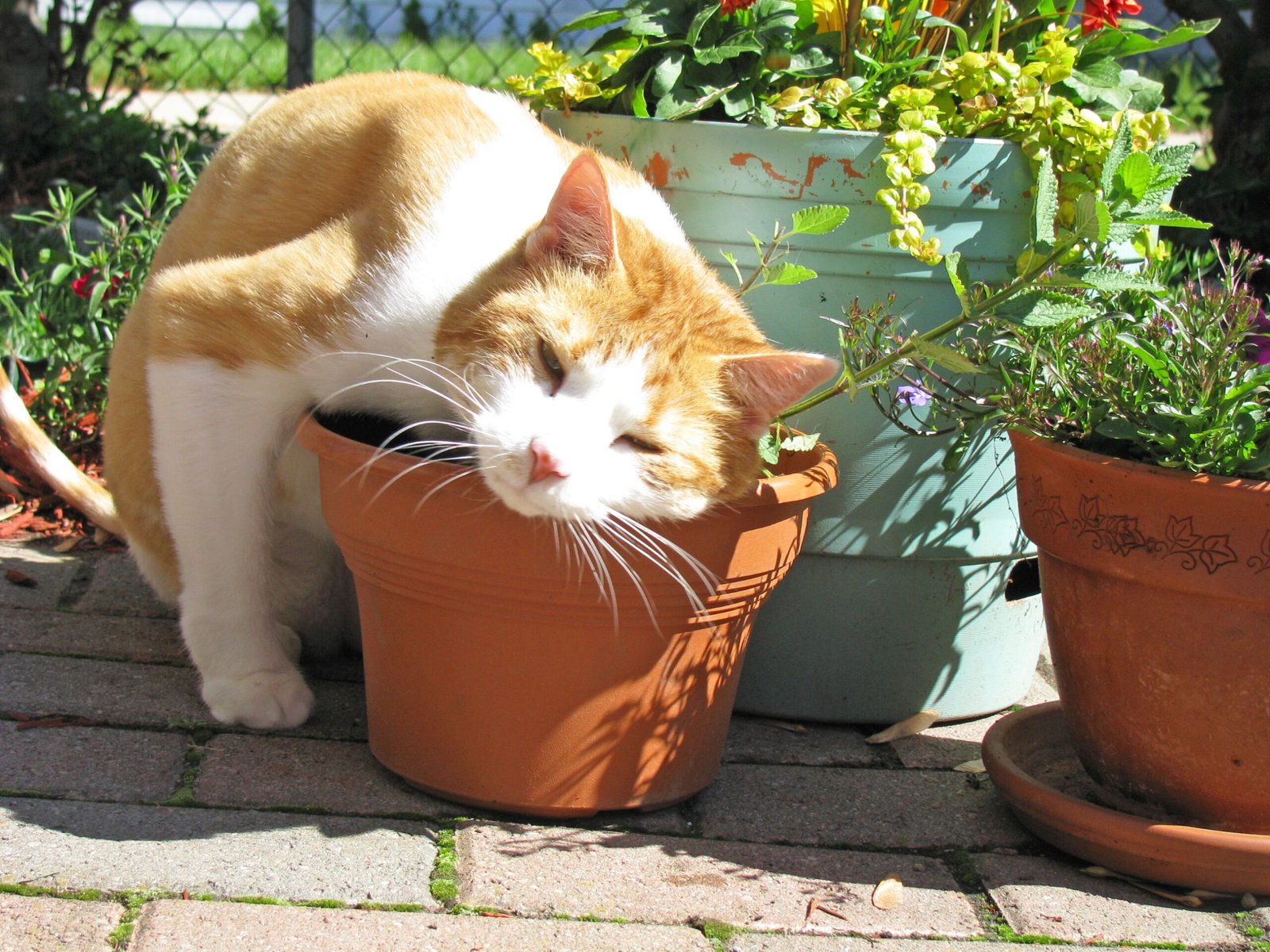Have you ever wondered why your cat insists on doing the same things every day before ever curling up next to you? It can be both hilarious and a little bit frustrating to watch your furry companion meticulously patrol the house, stop for a snack, and only then finally grace you with their warmth. The truth is, there’s a fascinating reason behind these patterns. Cats aren’t just aloof or quirky—they’re creatures built on instinct, safety, and habit. Understanding why cats crave routine before showing affection can deepen your bond, spark a new appreciation for their unique personalities, and even help you create a more loving home for your feline friend. Let’s unravel the mystery of why routine is the secret language of feline love.
The Instinctual Roots of Feline Behavior

Cats, both wild and domestic, have instincts that guide their daily actions. Long before they became our pampered pets, cats survived by sticking to routines that kept them safe and alert in unpredictable environments. Every action, from checking their territory to monitoring food sources, was rooted in survival. These ancient instincts haven’t disappeared just because your cat now lives indoors. Instead, they drive your cat to scan the house, sniff around, and even follow specific paths each day. Routine is a way for cats to keep their world predictable and manageable. Knowing this helps us see their habits as more than quirks—they’re echoes of a wild past, helping them feel secure before they open up to affection.
Security and Comfort in Repetition

Imagine waking up each day in a world that could change at any moment—no wonder cats crave routine! Repetition offers cats something precious: a sense of security. Each time your cat circles the living room or scratches the same spot on the couch, they’re reassuring themselves that everything is as it should be. This predictable environment lets them relax their guard, making it easier for them to trust and show affection. If routines are interrupted, cats can become anxious or distant. That’s why a new couch, a different feeding time, or even moving furniture can temporarily throw off their affectionate side. In essence, consistency is the foundation for the trust and warmth they eventually share with you.
Territory Checks: The First Priority

Before your cat ever snuggles into your lap, you might notice their tendency to roam and inspect every nook and corner. This isn’t just idle curiosity; it’s a vital part of their routine. Cats are territorial animals, and their sense of security depends on knowing that their domain is safe. By patrolling the house, sniffing surfaces, and occasionally leaving scent marks, cats reassure themselves that there are no intruders or threats. It’s their way of saying, “This is my space, and it’s safe now.” Only after this ritual of patrol and inspection do they feel comfortable enough to let their guard down and offer affection. For them, love comes after peace of mind.
Meal Times and Rituals: A Pathway to Relaxation

One of the clearest routines cats follow revolves around food. You’ll often see your cat demand breakfast or dinner at the same time each day, sometimes with a plaintive meow or a gentle headbutt. Eating is more than just nourishment—it’s a comforting ritual that signals safety and abundance. Once they’ve eaten, cats are more likely to be playful or cuddly. Skipping or delaying meals can leave them unsettled, making affectionate moments harder to come by. For many cats, these predictable meal routines form the backbone of their daily schedule, setting the stage for the relaxed, affectionate behaviors that follow.
Building Trust Through Familiarity

Affection in cats isn’t automatic—it’s built slowly, brick by brick, through repeated positive experiences. Every routine—whether it’s playtime, grooming, or simply sitting together—helps reinforce trust between cat and owner. Familiarity is key. When cats know what to expect, they can let go of their cautious nature and begin to engage more openly. Over time, these routines become shared rituals, strengthening the bond and making affectionate behavior more frequent and genuine. Cats who trust their humans, thanks to these repeated patterns, will seek out cuddles, purrs, and gentle head nudges far more readily.
The Role of Scent and Marking in Routine

Cats are guided by scent more than we might imagine. Every time your cat rubs against furniture, walls, or even your legs, they’re leaving behind tiny scent marks. This is a key part of their routine, helping them create a familiar-smelling environment that grounds them. These scent rituals are their way of “claiming” their home and the people in it. Once they’ve refreshed their scent marks, cats feel more at ease, and their affectionate side can shine through. If your cat pauses to rub their face against you before settling in for a snuggle, it’s not just cute—it’s their way of including you in their safe, familiar world.
Routine Disruptions: Why Affection Can Disappear

Changes in routine can have a surprising impact on your cat’s willingness to show affection. New pets, houseguests, or even a different daily schedule can make cats uneasy. They might hide, act withdrawn, or seem less interested in cuddling. This isn’t a sign that your cat loves you less—it’s simply their way of coping with uncertainty. By patiently re-establishing familiar routines, you can help your cat regain their confidence and return to their usual affectionate self. Understanding this can prevent frustration and help you support your cat through life’s inevitable changes.

Growing up traveling and experiencing new cultures and wonders, I have had a passion for nature, adventuring, photography, and videography. I am currently working towards a BSc in Biodiversity and Ecology at Stellenbosch University, and I hope to specialise in Marine Sciences one day.
Please send any feedback to Feedback@animalsaroundtheglobe.com




